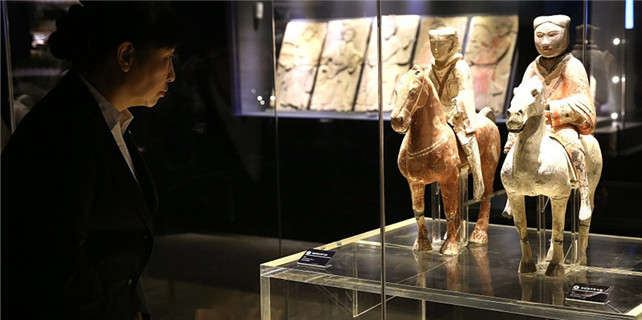Chinese companies explore sports and health insurance sector
ZhongAn Online P&C Insurance Co, China's first online insurance company, is exploring business opportunities in the sports and health insurance sector.
Representatives of the company announced, on Tuesday, the number of users on its internet health product Bububao has exceeded 10 million since it launched in 2015.
Based on the big data collected through mobile sports-related applications, Bububao can provide tailored insurance services for customers by monitoring their physical exercise state.
Users who run an average 15,000 steps a day, for example, would be suggested to participate in the critical disease insurance with coverage up to 200,000 yuan ($30,300). People whose average steps reach 5,000, will be recommended the insurance coverage of about 100,000 yuan.
If a participant runs more than 15,000 steps a day, he or she will be exempted from one day's premium. If the participant keeps running up to this standard for a year, he or she could be covered without paying the premium for a whole year.
Cui Chen, manager of Bububao, said customers will learn to manage their health condition consciously by using the product.
"It is not only insurance, but an innovative way to live a healthy lifestyle," he said.
Statistics from the company showed more than 10 million customers have used Bububao, covering all regions in Chinese mainland.
Most of the users were from post-1980 or 1990 generations, and 70 percent of its users were men.
Different from traditional health insurance, Bububao aims to encourage people to exercise in order to prevent disease, the company stated.
Also, it launched a range of small games, such as online Marathon, which has changed people's perception of insurance, it stated.
The company cooperated with China's mobile phone producers, including Huawei and Meizu, and sports-related applications, including Mi Fit, as well as wearable devices to reach the customers.
A study from the Stanford University showed data collected by wearable devices can help predict disease. It will become a future trend for people to improve their health by using such devices, the university stated.









